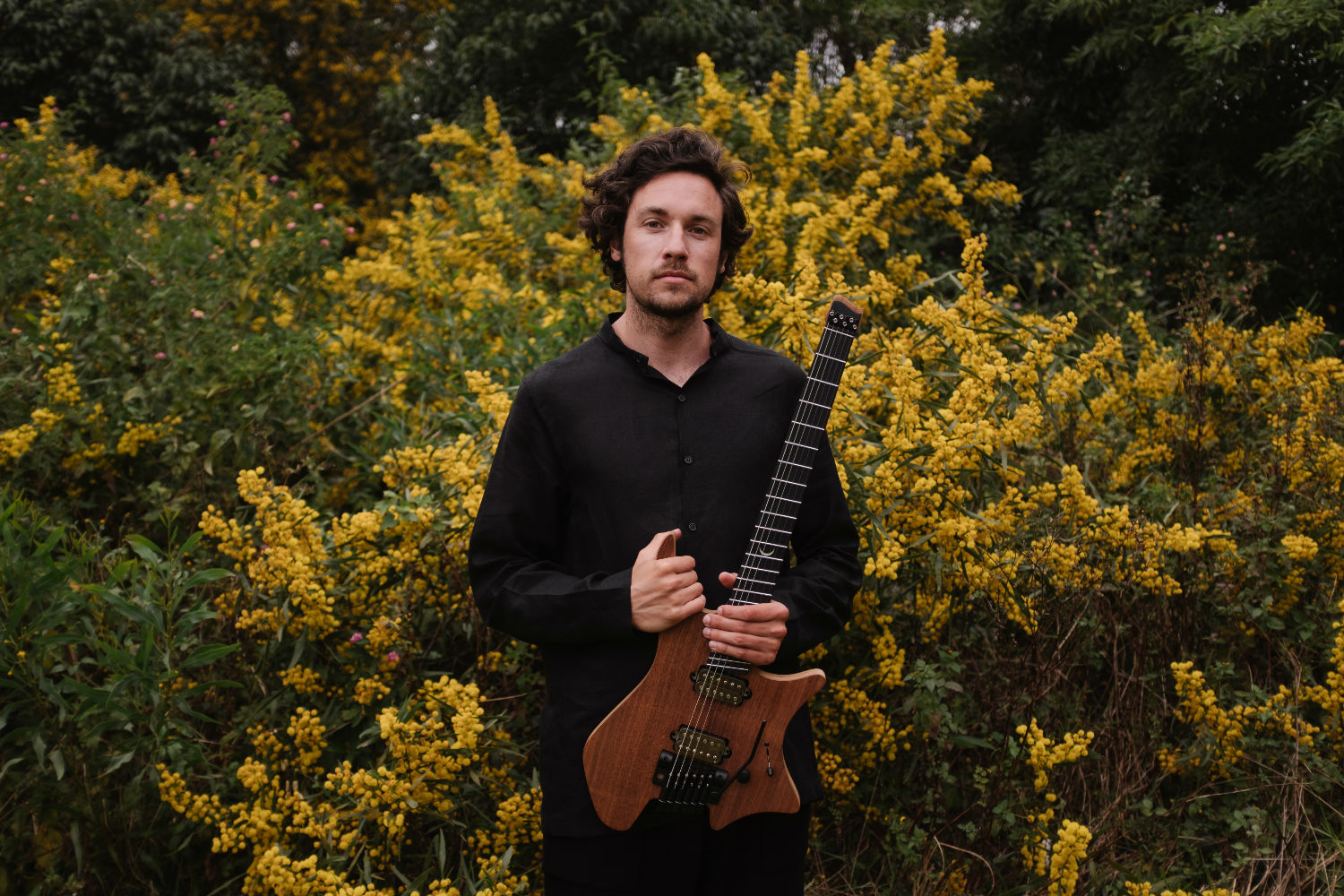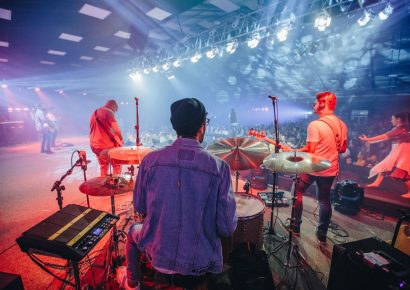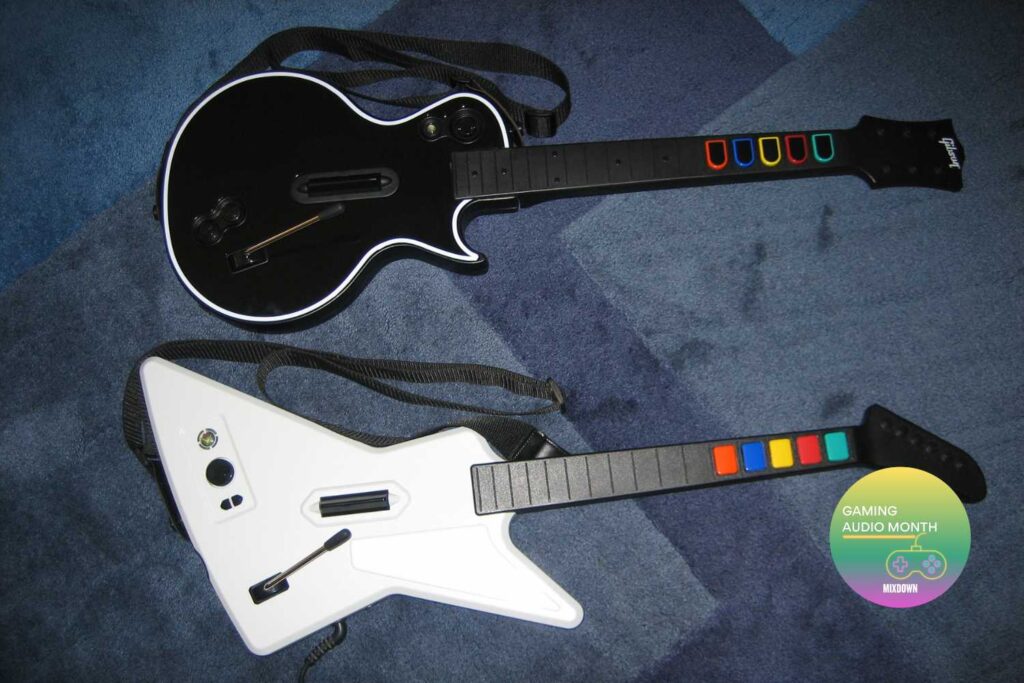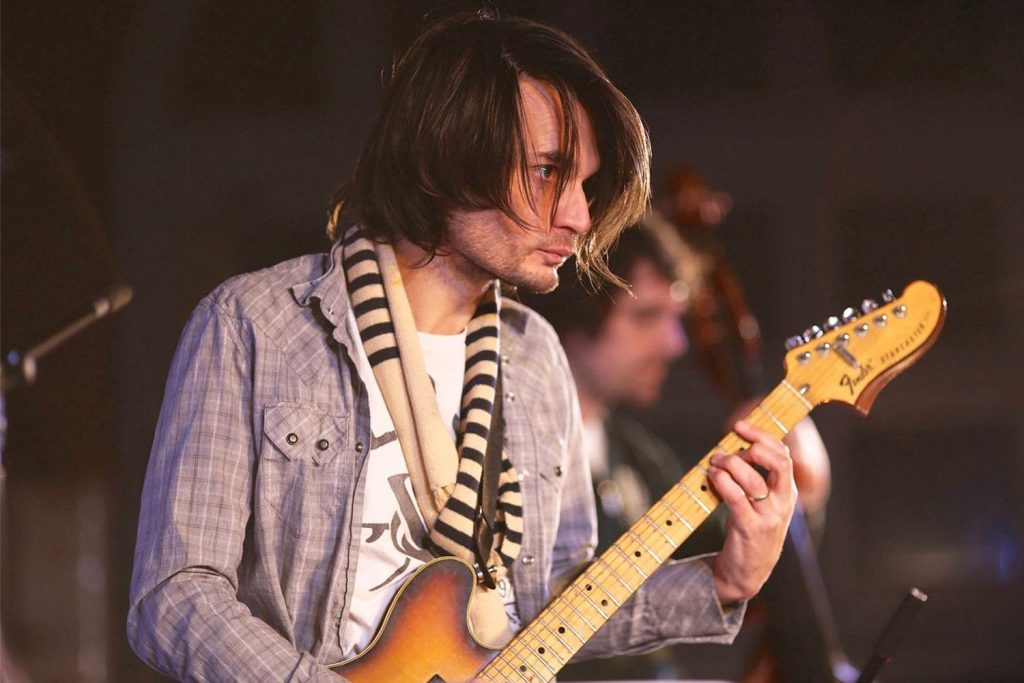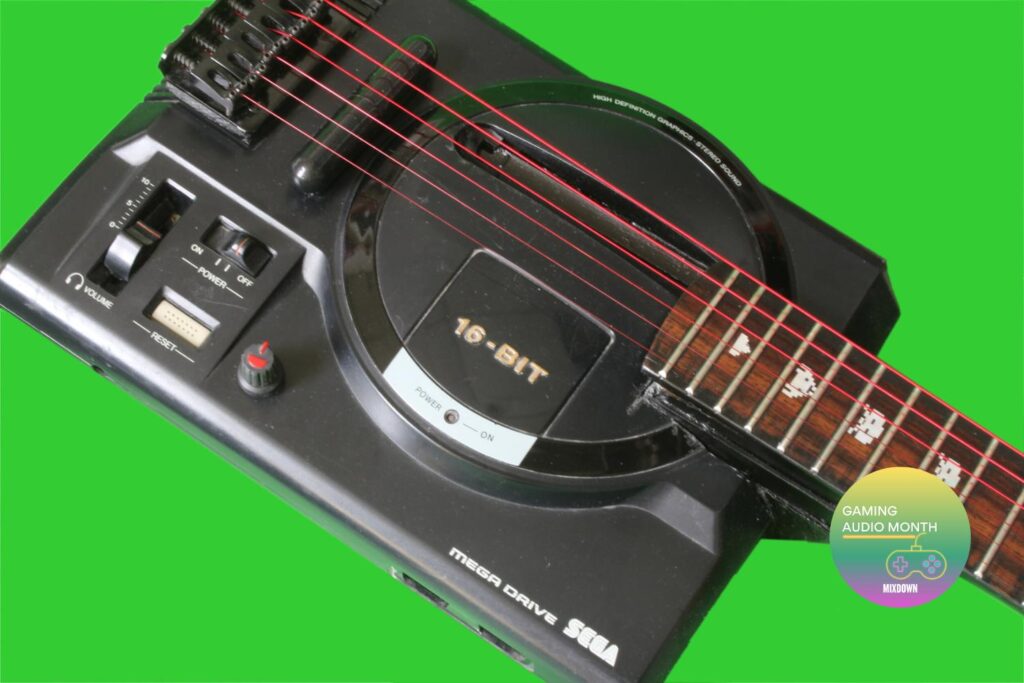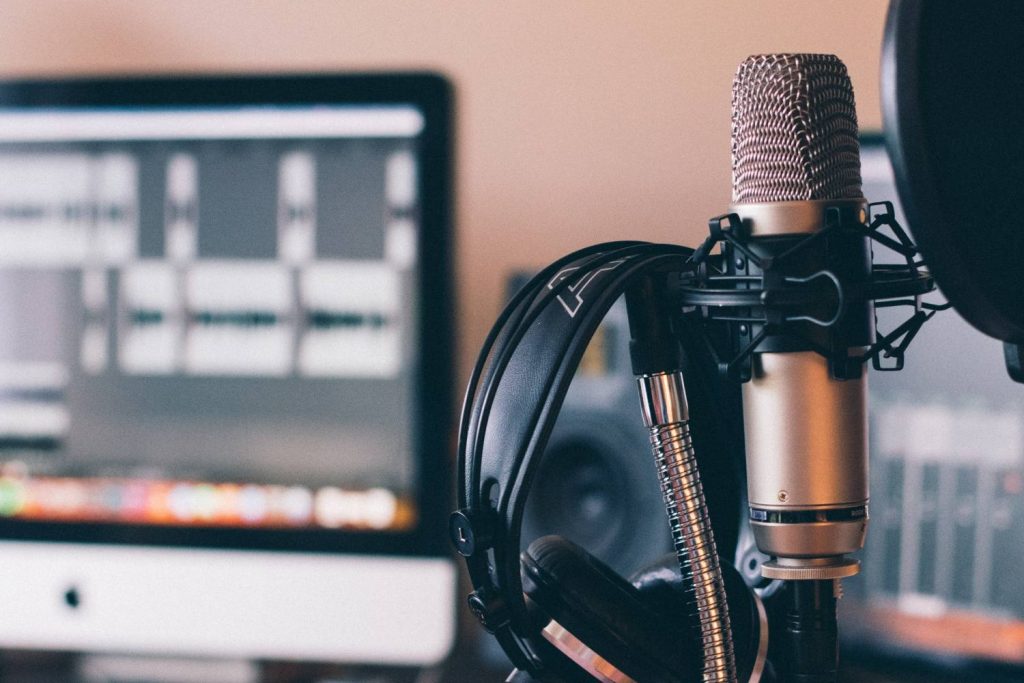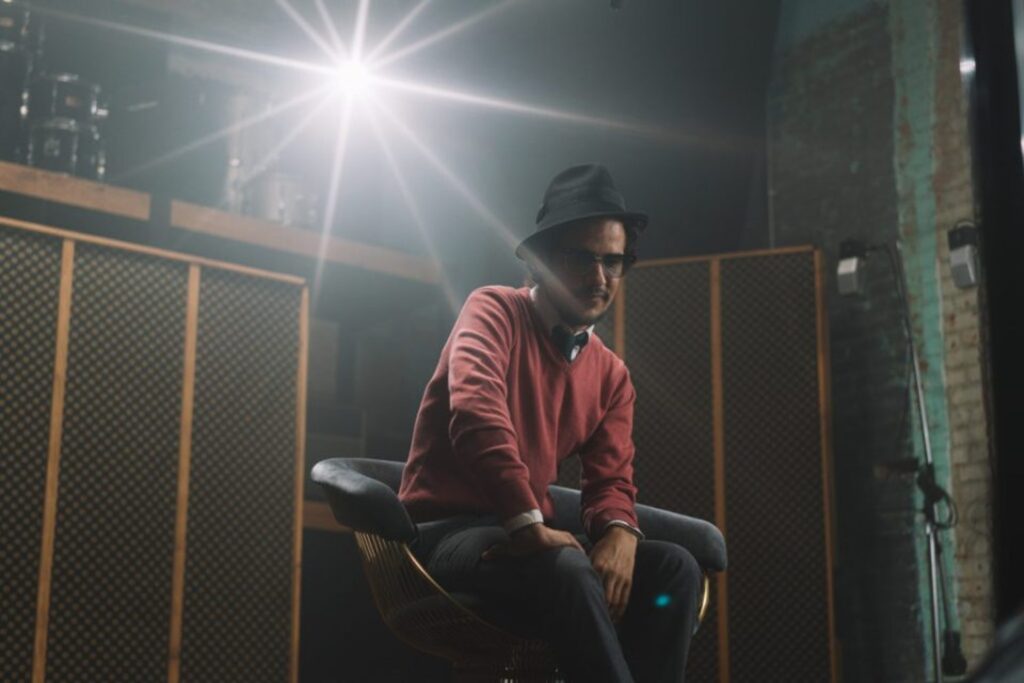One-on-one with the Sydney guitar virtuoso.
There’s very few players in the world today who can amount to the sheer talent and technical fluency of Australia’s Plini. For years, the Sydney guitarist has wowed the world with his immense fretboard dexterity and penchant for writing brain-twisting prog-rock tunes that are heavy on the groove and even heavier on fluidity and emotion.
On his latest effort Impulse Voices, Plini takes things up a notch to turn in his most ambitious full-length release to date. Recorded alongside Simon Grove and Chris Allison and featuring instrumental collaborations from keyboardist Dave Mackay, The 1975’s saxophonist John Waugh and electro-acoustic harp extraordinaire Amy Turk, Impulse Voices serves as an immersive eight-track affair that sees Plini dip into jazz, electronica, metal and beyond.
His guitar playing, of course, is mind-blowing, yet also far more melodic and textural than we’ve ever heard before, with tracks like ‘The Glass Bead Game’ and ‘I’ll Tell You Someday’ offering a peek into Plini’s own sonic tastes beyond the fretboard to provide some of the record’s most exciting moments.
To find about more behind the making of Impulse Voices and the inspirations behind it, we linked up with Plini to chat all things recording, his signature .strandberg guitar, and just when we’ll be able to see him back on the road again.
Hey Plini! Congratulations on the release of Impulse Voices – how does it feel to have the project out in the world?
Thanks! It’s exciting. A lot of love and detail went into the album and it’s fun hearing all the different reactions to it and favourite moments/songs.
Tell us about how the record came together – you recorded the project in a bedroom studio, right? How did your writing or recording process vary this time around compared to your last full-length effort?
It was much the same, but at a more relaxed pace than before. I’d pretty much finished writing/recording all the songs by the middle of the year and gave Chris (my drummer) plenty of time to rigorously learn and demo his parts before we went into a studio to record his drums.
Then Simon spent a solid number of weeks on the mix and adding his bass parts. Nothing at any stage of the writing or production process felt rushed or overlooked – couldn’t have asked for a smoother or more enjoyable process!
Further to that, how did you direct the performances of the other musicians who contributed to the project in a remote setting? Had you already created demos of what you wanted each layer to sound like, or did you allow each player to contribute their own ideas?
For the guest solos (Dave on piano, Amy on harp, John on sax), I just sent them near-finished versions of the songs with empty space for them to fill and no particular instructions!
For the vocal effects that Devesh and Aleks added, I had some guide tracks (where they were singing specific melodies), but a lot of it was left up to them. I’m a big fan of all of them as musicians and people, so I didn’t feel any need to try to dictate what they should add!
Stylistically, Impulse Voices sounds more varied and even ambitious than anything else we’ve heard before. What inspired you to seek out new sounds? Were there any particular artists, genres, records or anything else altogether that informed your writing process?
I’m always listening to new music and getting inspired to try different production ideas, harmonic ideas, guitar playing ideas, etc. I’ve been listening to a lot of stuff outside of guitar-land lately that definitely had an influence: the sound design of RUFUS DU SOL and Jordan Rakei in particular!
On that note, how did you approach the guitar as an instrument on this album compared to your previous releases? Were there any techniques, styles or motifs that resonated with you more this time around?
The process hasn’t really changed, but I guess as a result of my ongoing pursuit to get “better”, I went into greater detail with finding different ways to voice chords and articulate melodies/solos than I have before.
Tell us about some of the equipment you used on Impulse Voices. It sounds like your .strandberg got a good look in – did you also use your signature software amp with Neural DSP over the project?
For the lead and clean guitar parts, Simon (who mixed the album) ended up using my Neural DSP plugin with pretty much the exact settings I used on the demos. He also re-amped some of the rhythm guitar parts through his own amps – I think a 5150 and some sort of Marshall.
I used my signature guitar on probably 95% of it, with some acoustic guitars (nylon and 12-string) here and there, and borrowed my live guitarist Jake’s 7-string Aristides to record some of the lower-tuned stuff.
I’d love to hear about some of the contemporary guitarists who inspire what you do. Who are your five favourite guitarists that you draw upon from inspiration, or even competition, today?
Hard to pick just five, but here are a few names that if you haven’t heard, you definitely need to check out: Tim Miller, Jakub Zytecki, Brett Garsed, Gilad Hekselman, Ben Eunson.
Finally – what’s on the cards for Plini in 2021? Any tours or workshops over the horizon we should be looking forward to?
Nothing concrete yet, but I’ve started writing with the intention to collaborate with some vocalists, and we have begun some secret discussions of possible tours…
Impulse Voices, the new album from Plini, is out now.
